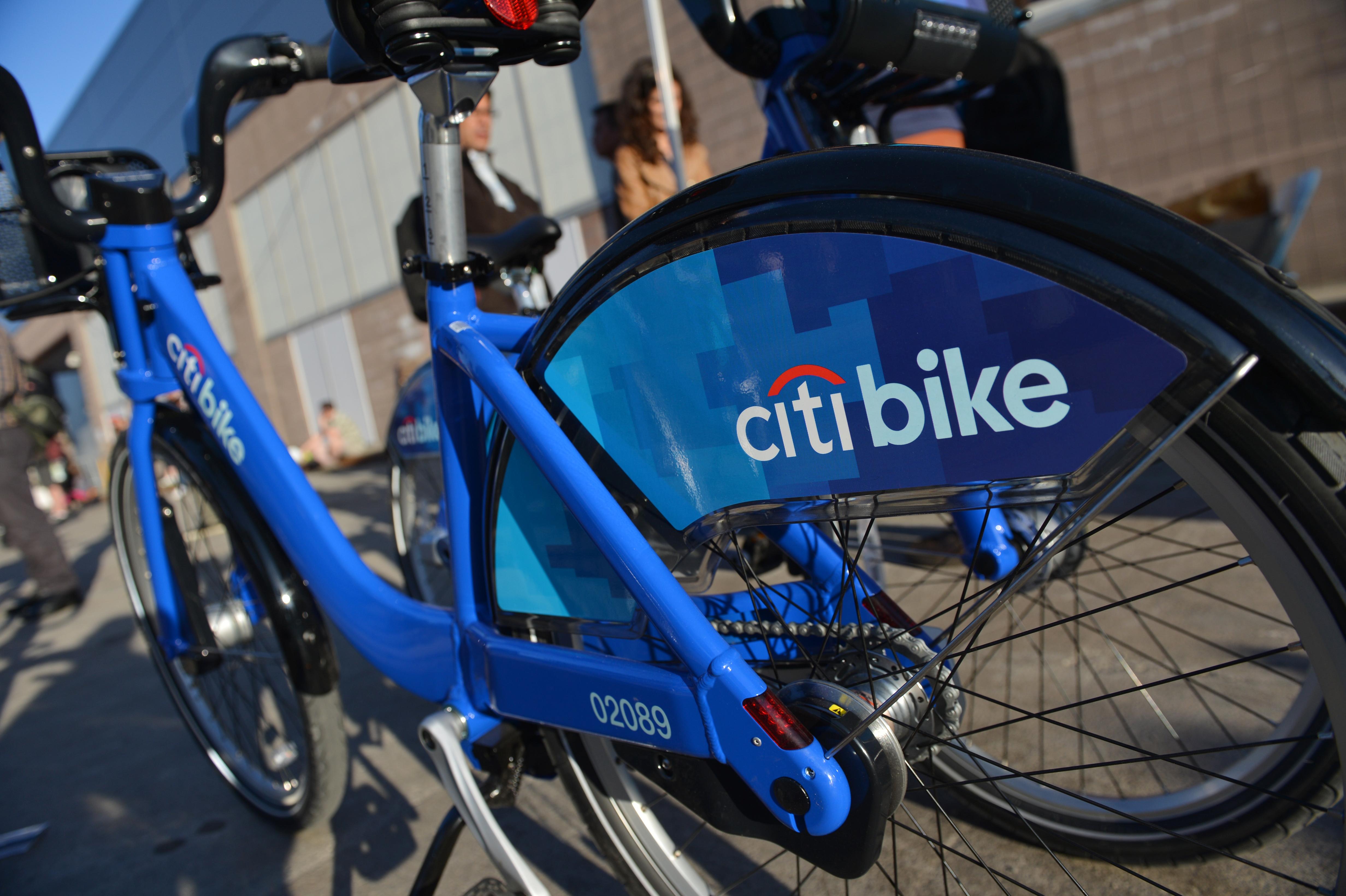Crime is Slate’s crime blog. Like us on Facebook, and follow us on Twitter @slatecrime.
On Monday, New York City activated its long-in-the-works bike share program, making thousands of bicycles available for short-term use at more 300 locations in Manhattan and Brooklyn. On Sunday—the day before the CitiBike program officially launched—the first of those bikes was stolen. The New York Post reports that a thief grabbed one of the bikes as it was being delivered to a Manhattan docking station, and rode away before anyone realized what was happening.
The story spotlighted what New York cyclists already know: New York City has a bike theft problem. As Jody Rosen wrote in Slate last year, “New York is widely regarded as the nation’s bicycle-theft capital—Kryptonite’s signature bike lock is called the ‘New York Lock’—and in New York, as elsewhere, bike stealing spikes during times of economic distress.” Last July, the New York Police Department announced that bike theft was up 25 percent from the previous year. While bicycle theft isn’t a particularly lucrative crime—most stolen bikes are stripped for parts or resold for a fraction of their actual value—bikes are easy to steal, and the chances of getting caught are slim.
In 2012, a filmmaker named Casey Neistat made a short documentary for the New York Times in which he filmed himself attempting to steal his own bicycle, in public, using increasingly elaborate methods: sawing through a chain lock with a hacksaw, for example; using a giant crowbar to steal a bike right in front of a police station. He was finally stopped by police in Union Square as he was using a power tool to cut through a lock. The officers told Neistat that none of them had ever caught a bike thief.
Will the introduction of 6,000 new bikes into this lawless environment be a boon for criminals? Probably not, actually. When bike sharing came to Paris, thieves soon learned how to defeat the supposedly secure docking stations. The New York Times reported that 80 percent of the program’s bicycles ended up stolen or damaged. But North American bike-sharing services have had better luck deterring theft, mostly because their docking stations are better designed. Last year, a NYC official told New York that the CitiBike docking stations, which use titanium locks to secure the bikes, are “pretty much bombproof.” The article also noted that the bikes’ components “have no independent resale value and can’t be removed with traditional tools.”
I’m not sure whether I trust that last assertion—New York’s bike thieves are pretty resourceful—but the docking station point is an important one. A good thief can get through any lock, probably even a titanium one. But, all other things being equal, it is always easier to steal a bike that is improperly secured. Bike thieves will likely bypass the CitiBike bikes and continue to operate with near-impunity targeting privately owned bikes that are chained to fences, or street signs, or any other non-bombproof anchor. That’s good news for CitiBike, but bad news for everyone else.
